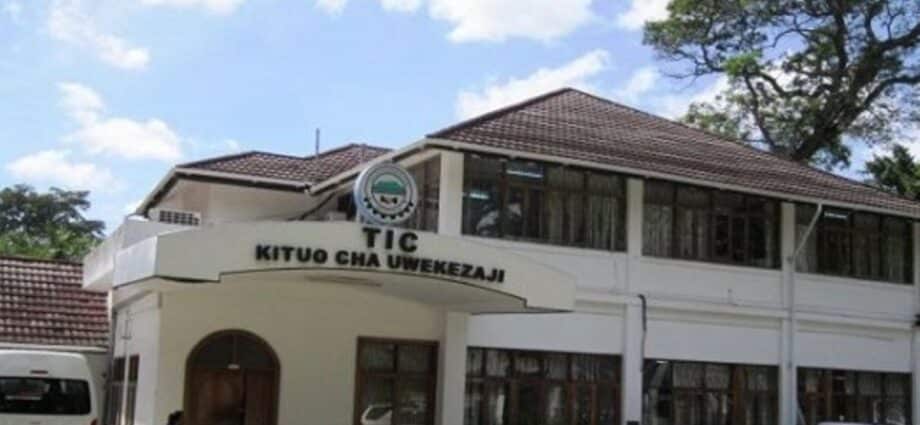Dar es Salaam. The value of investment projects increased by over 60 percent to $1.61 billion in the quarter ended June 2024, according to the Tanzania Investment Centre (TIC).
The agency’s latest quarterly report revealed that the capital increase reflects growing interest to invest in the country which registered 198 projects during the period.
During a previous similar quarter, TIC registered 129 projects worth $1 billion, the report indicates.
The report also highlighted an increase in job creation, with 96,278 new employment opportunities generated, compared to 14,631 jobs created in the corresponding quarter the previous year.
TIC executive director Mr Gilead Teri said there had been a significant attraction of both domestic and foreign direct investments.
“FDIs accounted for a substantial share, representing 136.35 percent increase or $938.32 million compared to the same quarter in 2023. Domestic investments amounted to $681.48 million,” he said.
“We continue to prioritise addressing domestic challenges, expanding investment opportunities, and encouraging local entrepreneurs to leverage available incentives,” he said.
Mr Teri noted that the ongoing national investment promotion campaign and roadshows in targeted countries have played a crucial role in attracting both foreign and domestic capita.
According to the report, manufacturing sector accounted for $636.84 million, followed by the commercial building with $251.71 million, human resources with $112 million, transportation with $91 million and tourism with $62 million.
The top five sources of FDIs in Tanzania during the fourth quarter of the 2023/2024 financial year were Russia, China, the United Kingdom, Bermuda, and the United Arab Emirates, according to the TIC report.
Russia injected $324.63 million, followed by China with $173.33 million, United Kingdom with $160.46, Bermuda with $50.29 million and United Arab Emirates with $36.21 million.















